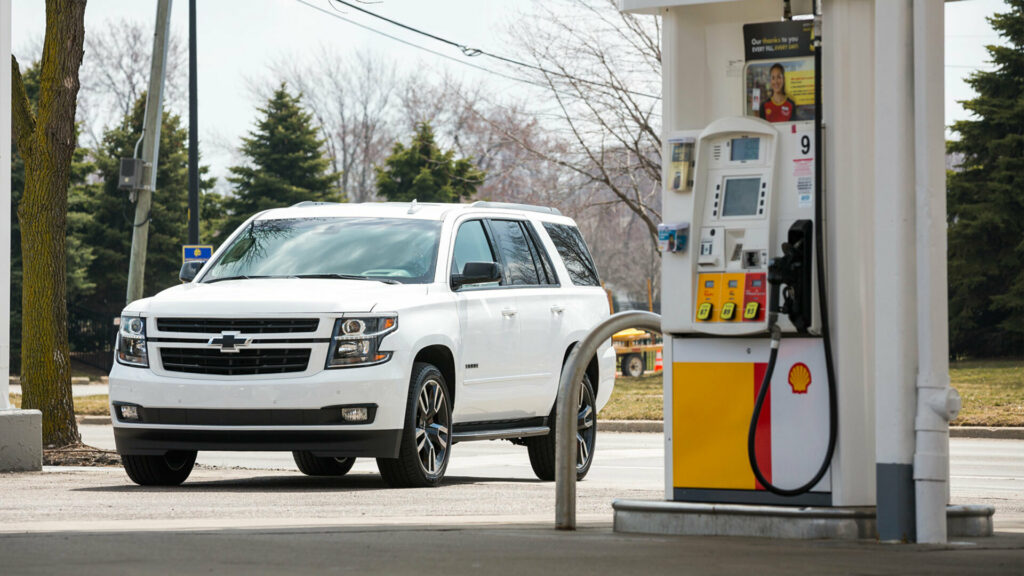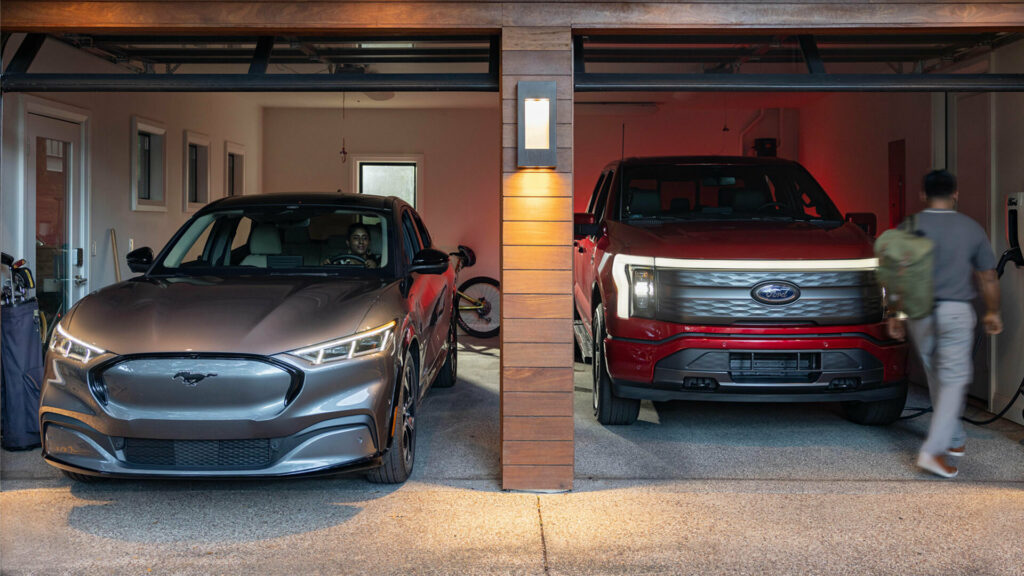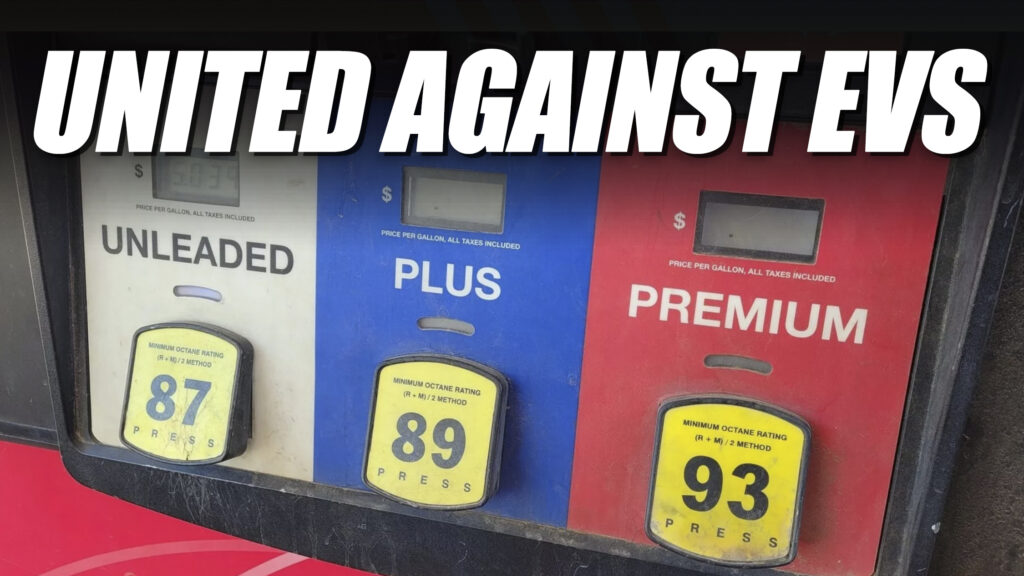- Petroleum and ethanol producers are worried that President Biden’s policies will effectively mandate the sale of EVs, reducing demand for their products.
- Petitions will be filled, alleging that the EPA has overstepped its boundaries.
- Critics say that the only way to achieve the EPA’s targets is to outlaw the sale of combustion cars.
A motley crew of companies and trade associations that favor combustion engines is preparing to challenge President Joe Biden’s new pollution limits. The collective alleges that the Environmental Protection Agency’s sweeping proposals would unlawfully force automakers into selling electric vehicles.
Supporters include once-adversaries, the American Petroleum Institute and the National Corn Growers Association. Both fear that demand for their products (gas and ethanol, respectively) will drop if the stringent emissions regulations are enforced. Other supporters, in a band that comprises nearly three dozen entities, include automotive dealers, fuel marketers, and convenience store owners. They plan to file petitions with the US Court of Appeals for the District of Columbia Circuit.
Read: US Unveils Most Stringent Car Emission Standards Ever To Boost EVs
President Biden’s pro-EV climate regulations are becoming a much-debated topic and will likely play a key part in the upcoming election. Presumed Republican nominee Donald Trump has already vowed that, if elected, he would scrap them.
There’s a fear that the EPA has overstepped with the new rules, which will require automakers to reduce their fleet-wide greenhouse gas emissions for light-duty vehicles by nearly 50 percent between 2027 and 2032. The opponents allege that automakers can only comply with it by switching to EV lineups. Critics also accuse the EPA of focusing on local emissions from tailpipes without looking at how energy for EVs is generated or other environmental impacts made in the production of EVs.

“Congress has not authorized EPA to effectively ban the sale of new gas and diesel cars and overhaul the US economy in such a major way,” said Chet Thompson, president of the American Fuel and Petrochemical Manufacturers Association, speaking to Bloomberg.
The standards “mandate the production of electric vehicles while blatantly ignoring the ability of low-carbon, high-octane renewable fuels like ethanol to achieve significant vehicle emissions reductions,” said Geoff Cooper, president of the Renewable Fuels Association.
The EPA is targeting an industry-wide average of just 85 grams of CO2 per mile for light-duty vehicles (i.e., passenger vehicles) by model year 2032. For medium-duty vehicles (small commercial vehicles), it aims for a reduction of approximately 44 percent to 274 grams of CO2 per mile. However, the approach is based on fleet averages, which technically means that automakers will still be able to sell gas-powered cars as long as more EVs are introduced.





